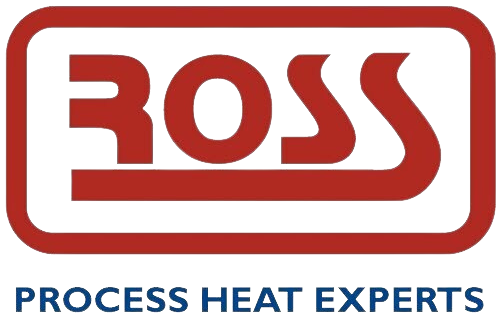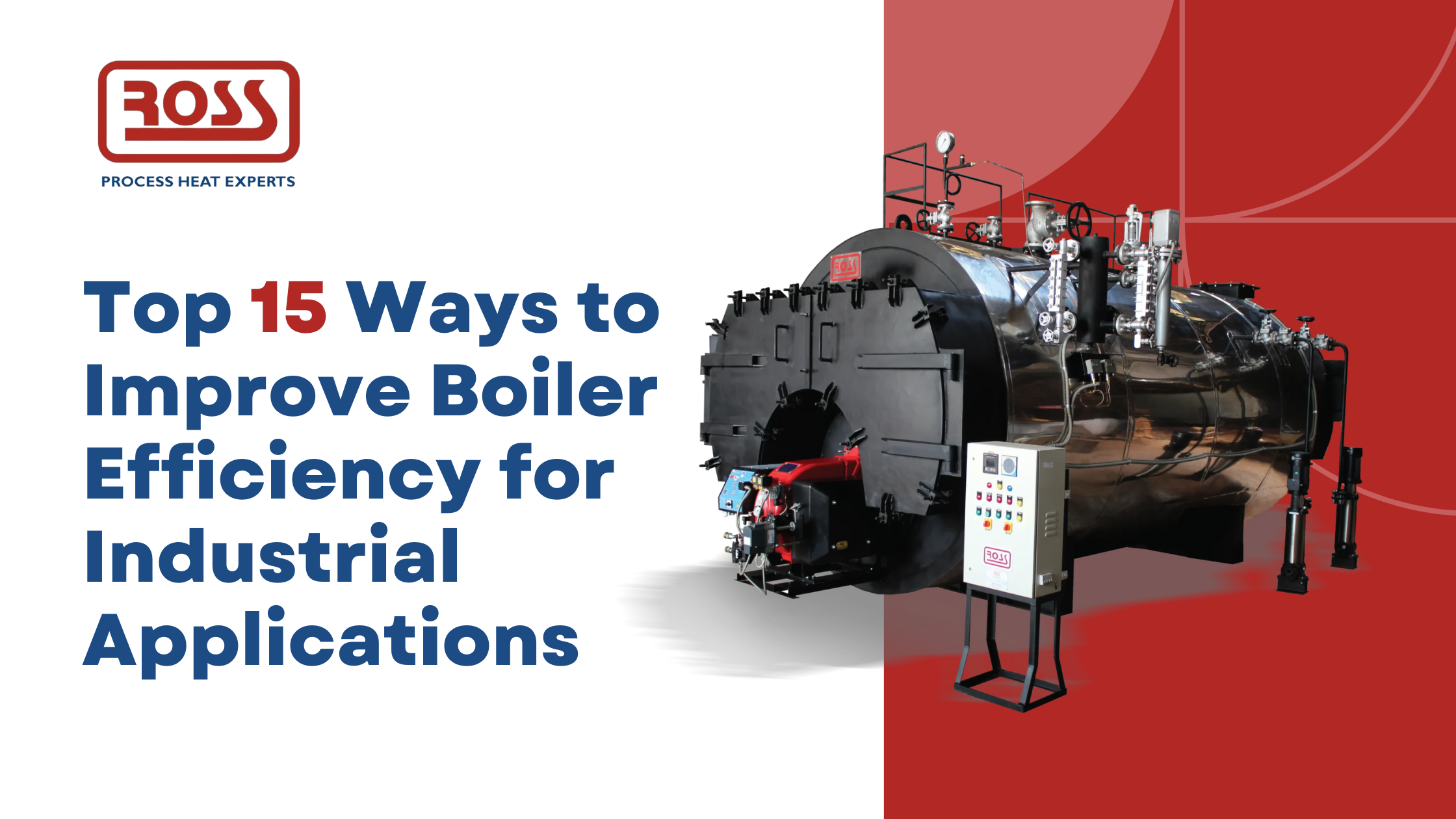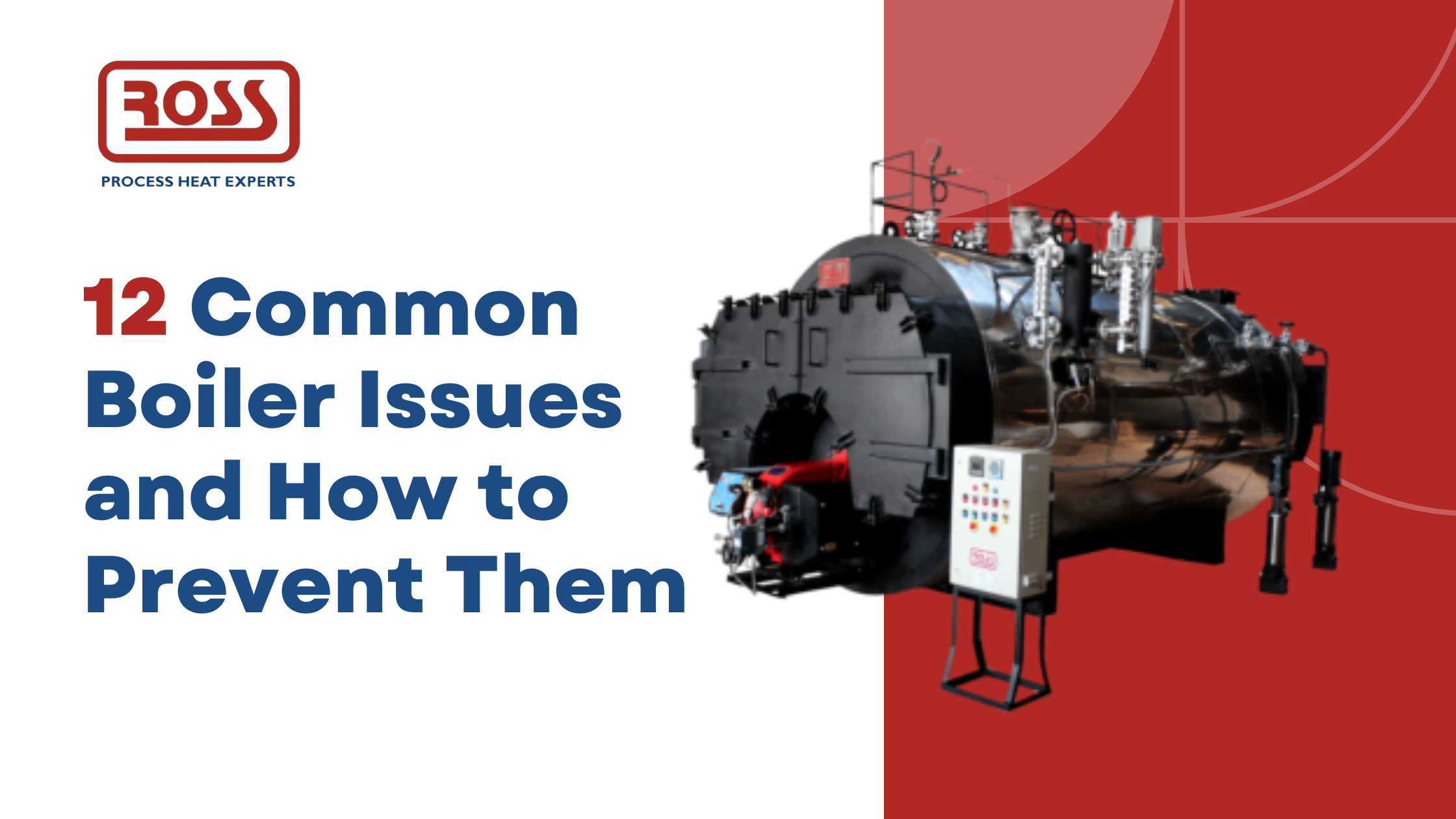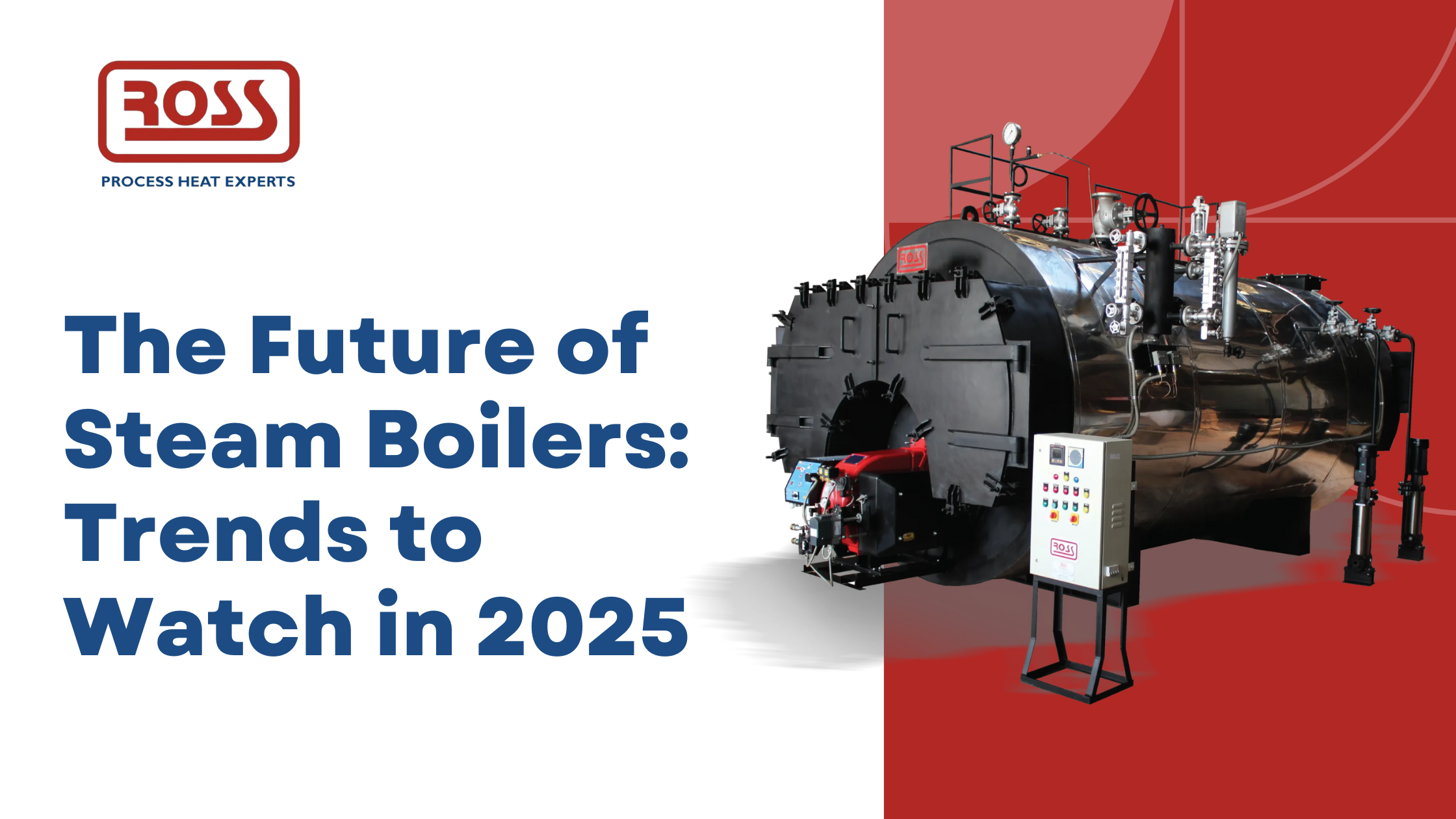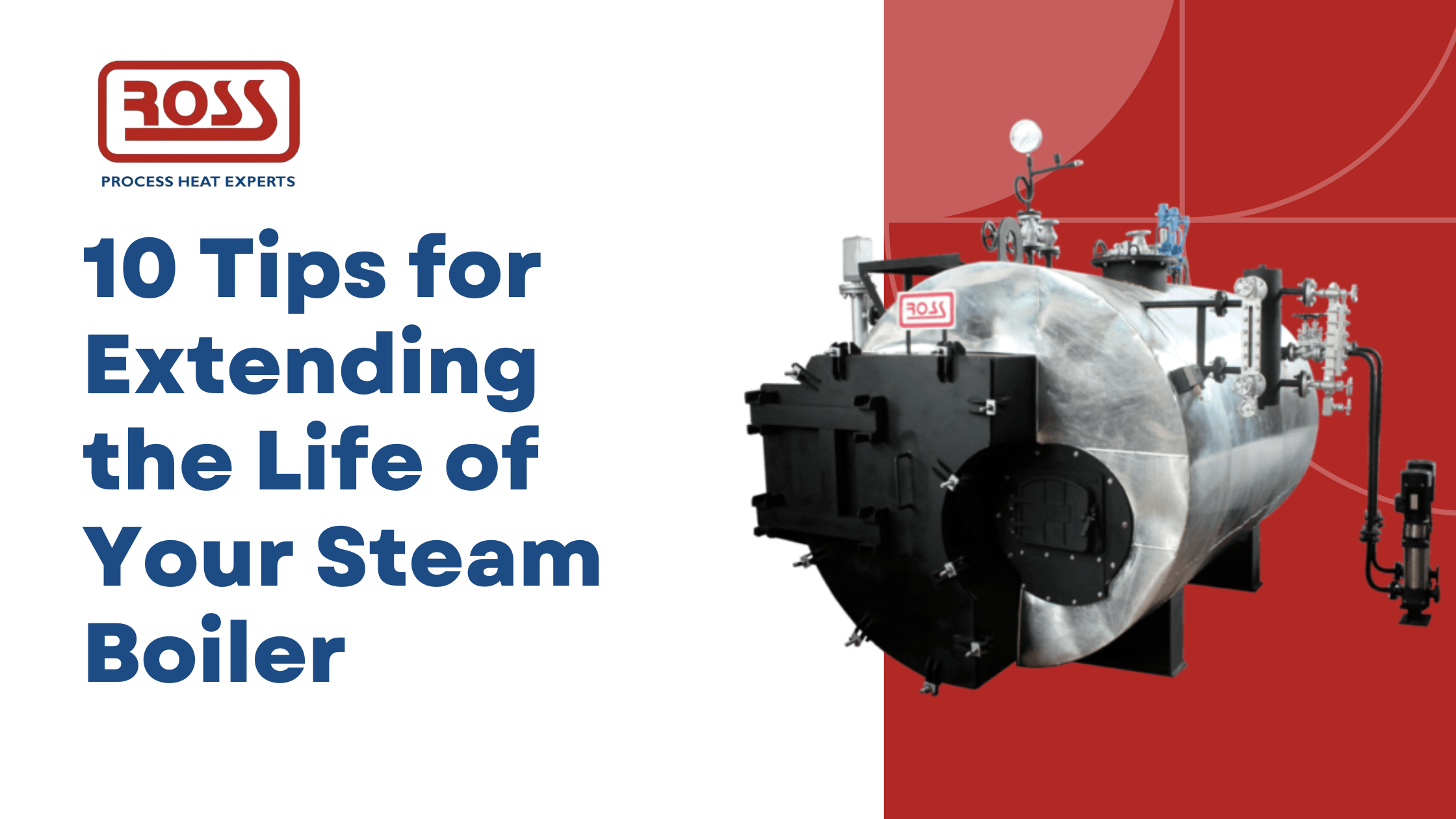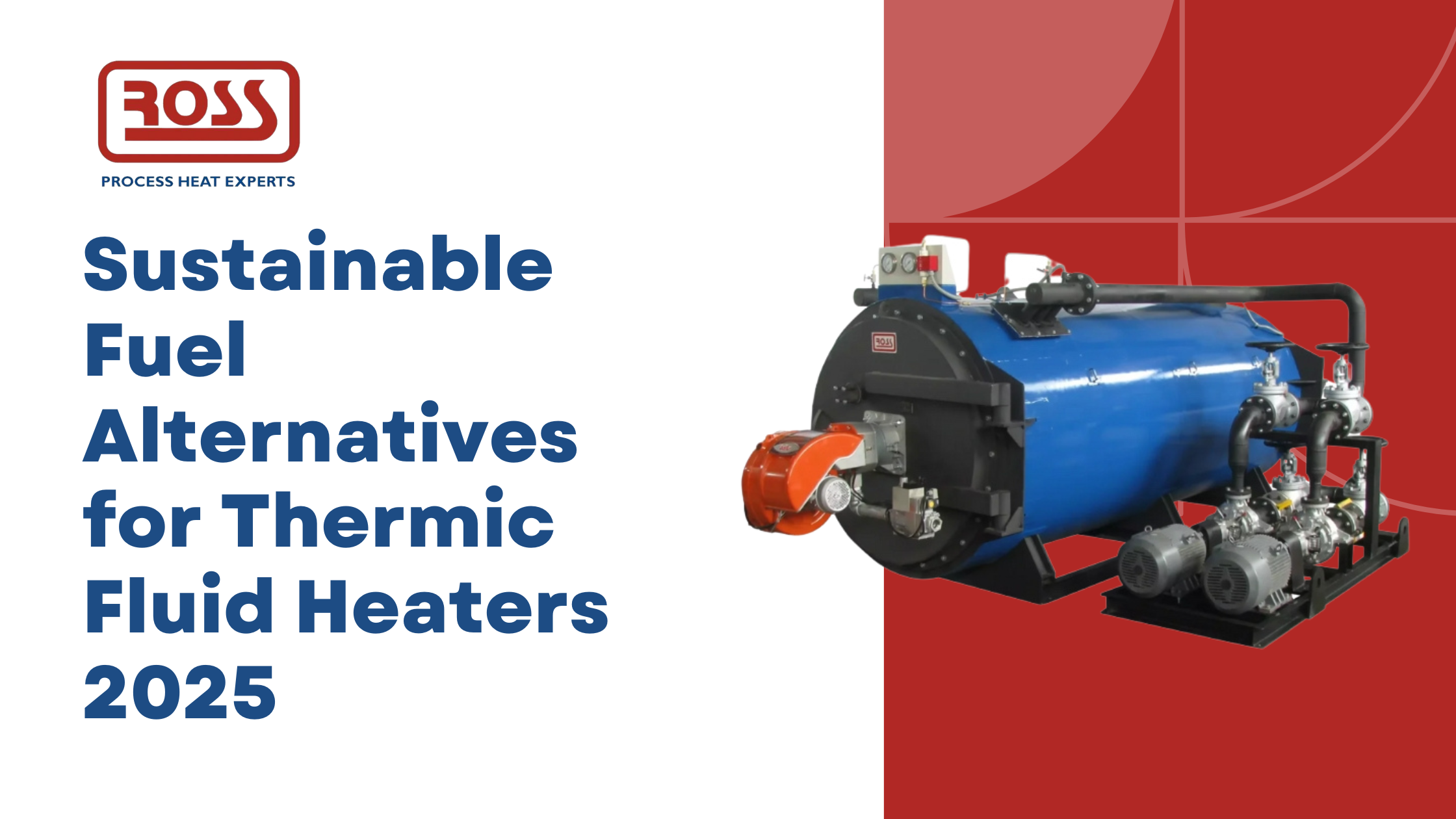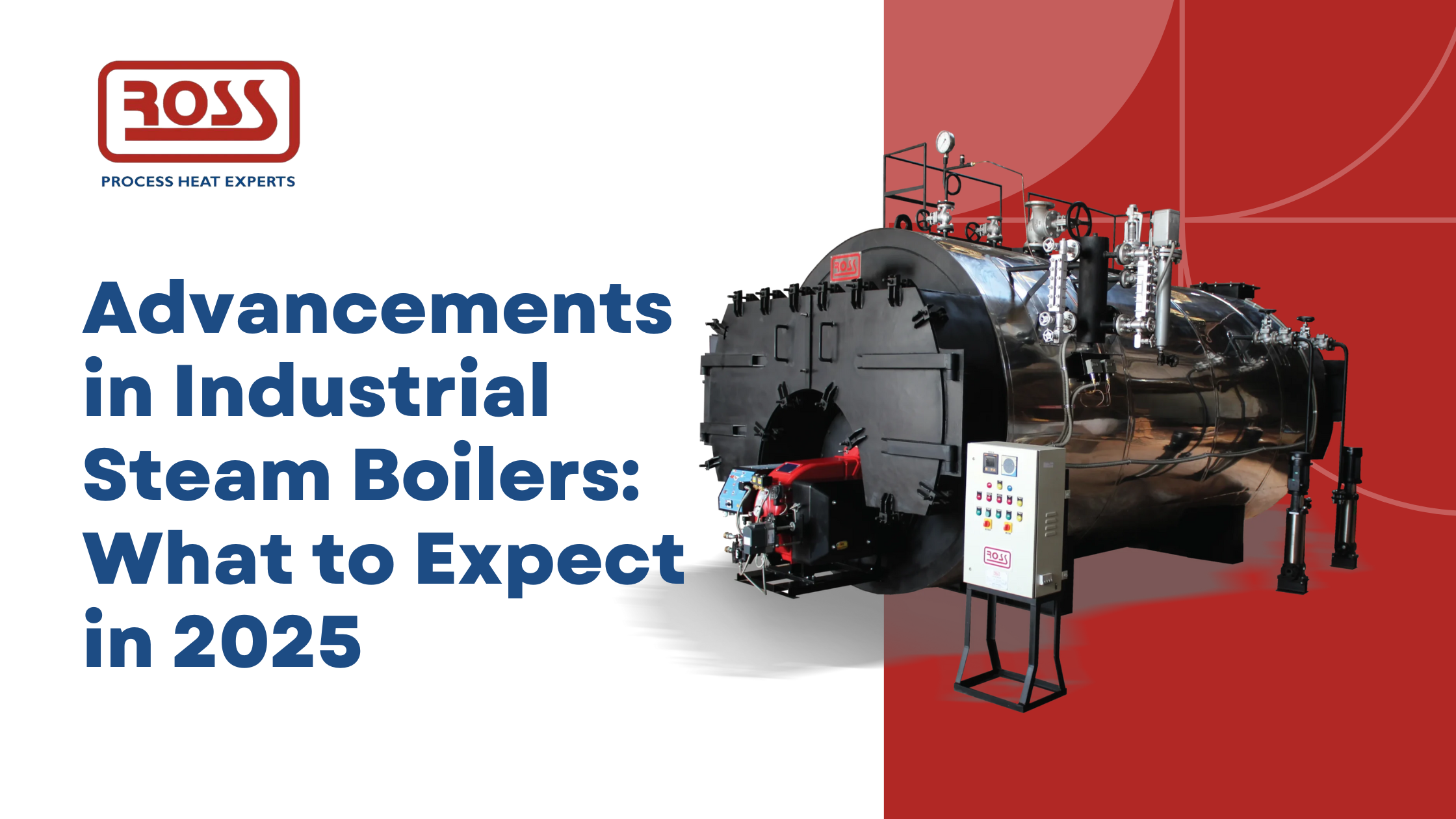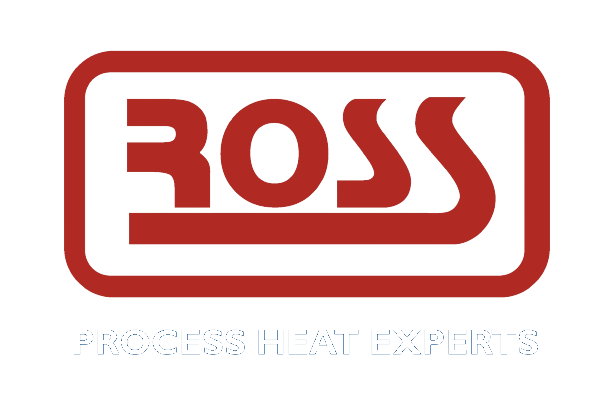Selecting the right hot air generator for your business can have a significant impact on your operational efficiency, cost-effectiveness, and overall productivity. Hot air generators are essential in various industries for tasks such as drying, curing, and heating. Making an informed choice ensures that you get a reliable and efficient unit suited to your specific needs. This guide will walk you through the key factors to consider when choosing a hot air generator and provide useful tips to help you make the best decision.
Understanding Your Heating Requirements
The first step in choosing a hot air generator is to understand your specific heating needs. Different applications have varying requirements, and it’s crucial to match your generator to these needs to ensure optimal performance.
Application
Hot air generators are essential tools for businesses across various industries, providing efficient and controlled heating solutions. Whether used for industrial heating, process heating, space heating, drying applications, or improving ventilation and air circulation, these versatile devices help maintain optimal temperatures and enhance productivity. Hot air generators can serve several purposes, such as:
- Drying: Drying involves the process of removing moisture from materials or products to prevent spoilage, enhance quality, or prepare them for further processing. This is commonly used in industries such as food processing, textiles, and pharmaceuticals to ensure that products are preserved and ready for packaging or use.
- Curing: Curing refers to the process of hardening coatings, adhesives, or other substances through chemical reactions, often involving heat or chemical agents. This process is crucial in various industries such as construction, automotive, and manufacturing, where it ensures that materials achieve their desired strength, durability, and adhesion properties.
- Heating: Heating involves maintaining or increasing the temperature in a specific area or process to achieve desired outcomes, such as accelerating reactions or ensuring proper operation of machinery. It is widely used in industrial processes, such as metalworking, chemical production, and food processing, to facilitate reactions, maintain material properties, or enhance productivity.
Capacity
The capacity of a hot air generator, usually measured in British Thermal Units (BTUs) or kilowatts (kW), is crucial in determining how effectively it will meet your heating needs. To calculate the required capacity:
- Measure the Area: Find out the size of the space you need to heat by measuring its length, width, and height. This helps determine how much heat you need.
- Consider Insulation: Check how well the space is insulated. Well-insulated areas need less heat because they keep warmth better, while poorly insulated spaces lose heat quickly and need a more powerful generator.
- Temperature Rise: Check how well the space is insulated. Well-insulated areas need less heat because they keep warmth better, while poorly insulated spaces lose heat quickly and need a more powerful generator.
Temperature Control
Hot air generators play a vital role in many business applications, providing the necessary heat for various processes. Depending on your specific needs, precise temperature control can be essential. For example:
- Drying and Curing: If your business involves drying or curing materials, precise temperature control is crucial. It ensures consistent quality and prevents damage to your materials by maintaining the right temperature throughout the process.
- General Heating: For basic heating needs where exact temperature control isn’t as critical, simpler temperature settings may be sufficient. This is ideal for spaces where maintaining a general warmth is more important than precise temperature management.
Types of Hot Air Generators
Hot air generators come in various types, each designed to suit different applications and energy sources. Understanding these types—electric, gas-fired, oil-fired, indirect fired, and direct fired—will help you select the right hot air generator for your specific needs, ensuring optimal performance and efficiency for your business.
1. Electric Hot Air Generators
Electric hot air generators are ideal for small to medium-sized areas where precise temperature control is needed. They are energy-efficient and provide consistent heat. However, they can be more expensive to operate due to electricity costs. Key features include:
- Easy Installation: Electric hot air generators are straightforward to install as they don’t need fuel storage or complex ventilation systems, making them a hassle-free option for many setups.
- Low Maintenance: They typically have fewer moving parts compared to gas or oil-fired models, which means less maintenance and lower long-term upkeep costs.
2. Gas Hot Air Generators
Gas hot air generators are suitable for larger areas and are more cost-effective in terms of energy consumption. They use natural gas or propane to generate heat. Important considerations include:
- Ventilation: Proper ventilation is crucial to manage and expel exhaust gases safely. This helps prevent the buildup of harmful gases and ensures a safe working environment.
- Fuel Supply: Make sure you have a reliable and consistent supply of fuel, such as gas or oil, to avoid any interruptions in heating. This ensures continuous operation and prevents any downtime.
3. Oil-Fired Hot Air Generators
Oil-fired hot air generators are designed for industrial applications where high temperatures are required. They are efficient and can handle large heating loads. Consider the following:
- Fuel Storage: You’ll need a dedicated storage system for the oil. Ensure that it’s adequately sized and safely installed to keep a consistent supply of fuel.
- Higher Maintenance: Oil-fired generators generally require more frequent maintenance to keep them running smoothly. Regular checks and servicing are essential to ensure reliable operation and to prevent any issues.
4. Energy Efficiency
Energy efficiency is a critical factor when selecting a hot air generator. An efficient unit not only reduces operating costs but also minimizes environmental impact. To ensure you choose an energy-efficient model:
- Check Efficiency Ratings: Look for generators with high-efficiency ratings and certifications, such as ENERGY STAR. These ratings indicate how well the generator converts fuel into heat.
- Consider Features: Features like programmable thermostats, timers, and variable speed fans can enhance efficiency by optimizing energy use.
Click Here To Know More: Benefits of Hot Air Generators
Maintenance and Service
Regular maintenance is essential to keep your hot air generator running smoothly and to extend its lifespan. When choosing a hot air generator, consider the following:
- Ease of Maintenance: Opt for models that are easy to access and service. Check if the manufacturer provides clear maintenance instructions.
- Warranty and Support: Ensure the manufacturer offers a good warranty and responsive customer support. This can save you from potential issues and costs.
Conclusion
Choosing the right hot air generator for your business involves understanding your heating requirements, evaluating different types of generators, and considering factors such as energy efficiency, maintenance, and budget. By thoroughly researching your options and consulting reliable sources, you can make an informed decision that aligns with your business needs.
For specialized solutions and quality products, you may want to explore options from a reputable hot air generators manufacturer in Al Ain, UAE. This guide should help you navigate the selection process with confidence, ensuring you find the best hot air generator for your business’s unique needs.
